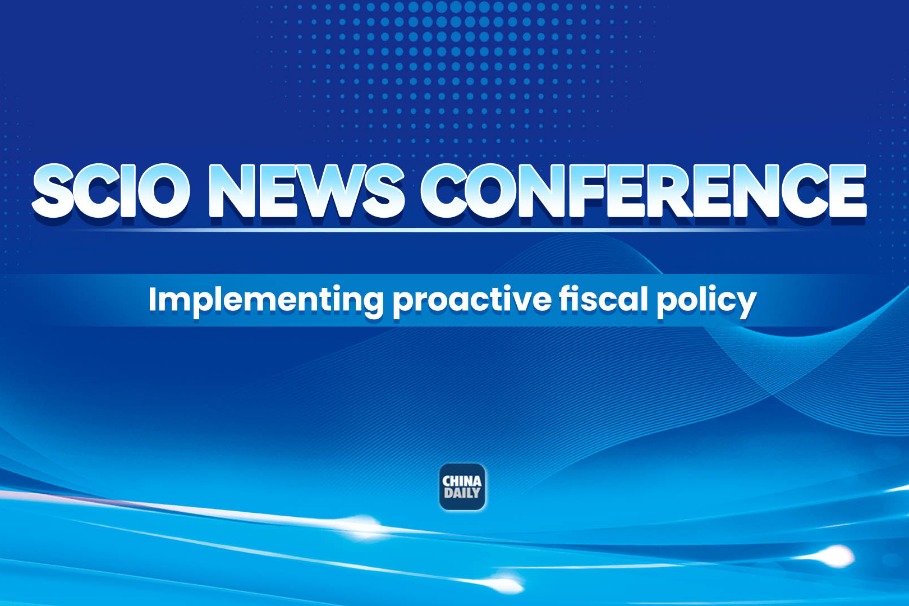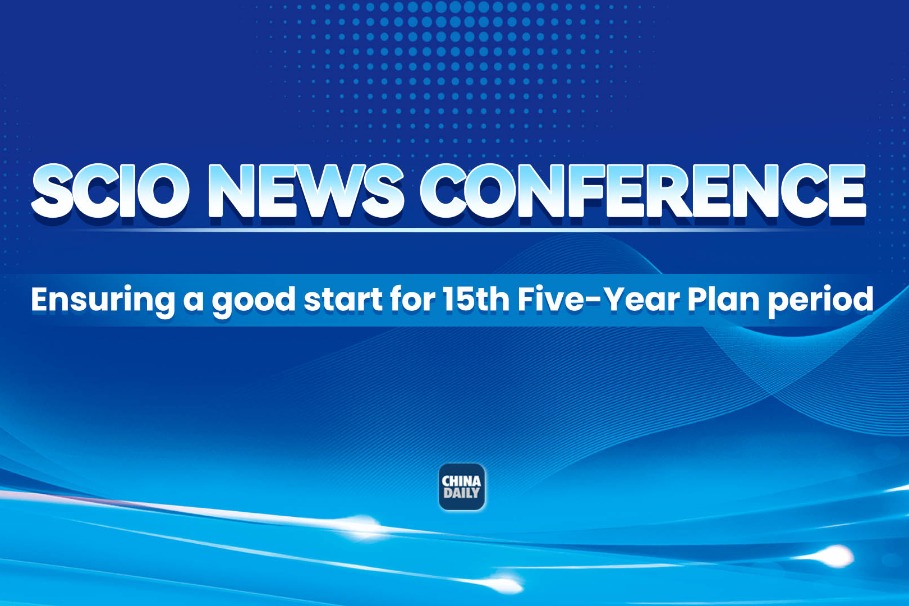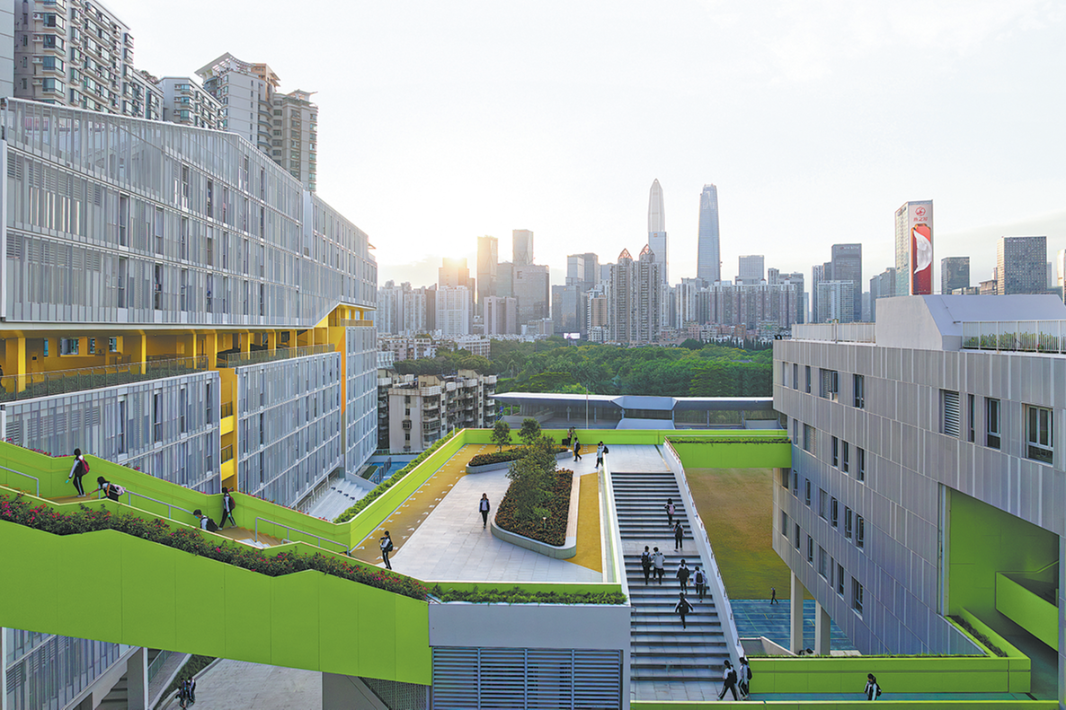Heading in the right direction

Employment generation should be 'main driver of growth' for China
Though Gordon Orr has been a rapier-sharp critic of the government policies in China, it has not gotten in the way of his being honored as an important guest at key functions. He is rather comfortable with wearing two hats at the same time.
Though some of Orr's comfort comes from the aura that McKinsey & Co, his employer and one of the world's largest management consulting firms, provides, it is his keen intellect that makes him stand out.
| Gordon Orr's employer is one of the world's largest management consulting firms. Provided to China Daily |
Orr, the director and chairman of McKinsey Asia, is well known for his incisive and objective views on the Internet, or more widely as "China's No 1 foreign brain", a title given him by Global Entrepreneur magazine.
That title seems well-deserved, considering that Orr has over two decades of service in China and has watched the economic transformation of the nation from the time McKinsey set up its first office in Shanghai in 1993.
Orr writes articles and commentaries twice a week in his official blog, Gordon's View, on topics ranging from e-commerce to air pollution. He has also been a panelist at several top-level forums such as the Summer Davos. Early last month, Orr was given the Magnolia Gold Award, the highest honor for foreigners from the Shanghai government.
Orr was his plain-spoken self when he told China Daily in a recent interview that the China (Shanghai) Pilot Free Trade Zone still has some way to go before it can attract big-ticket investments. "In the early days of the announcement of the free trade zone, lots of companies got very excited, but probably inappropriately excited," he says.
Though the zone is often cited as an example of the government's determination for reform, Orr says the China of 2014 is different from the China of 1994.
It has an economy that is 10 or 15 times larger than what it was in 1994. So the real impact of any zone-type initiative as a proportion of the entire economy would be rather small, he says.
"There was lots of learning, lots of exploring and a lot of options created in the FTZ over the last year. But there has been no big investment yet," he says.

Orr says that though there are several reasons for this, it is the lack of clarity and purpose that has been the bugbear. "Experiments in financial reform need to be carried out gradually and smoothly, which also means slowly."
"But I am equally optimistic about the FTZ," Orr says, adding that it is heading in the right direction, especially with steps like faster registration of businesses and easier handling of money.
"Foreign financial institutions are absolutely committed to the FTZ and are patiently waiting for the right time to make investments."
Though there are many negative factors, these are something that will vanish eventually. "Over the long term, the government will learn from the steps it has taken till now, and introduce more progressive measures," he says.
Orr believes that although not much has been achieved at the FTZ so far, it is something that should not be given up hastily.
"Let us not give up on the direction just because the progress in the first year has not been what we would like it to be," he says.
Changing to a different plane, Orr says that despite concerns about the economic slowdown in China, rising costs and tougher regulations, the prospects for foreign investors still remain bright.
"The Chinese economy is becoming more and more efficient, more and more productive, and that is a great thing for multinationals."
Multinational firms can continue to hold an edge in China by bringing in advanced skills, ahead of the local competition, Orr says.
"Take the case of Shanghai itself. Cleaning up the air (in Shanghai) is an excellent investment opportunity for a world-class industrial cluster."
Most of the foreign companies are willing to double their investments in China and will continue to play a critical role in several sectors, he says. But it is also equally important for them to follow the local rules and regulations, he says.
"In some sectors, you would find that Chinese companies are becoming more competitive. But in emerging sectors such as healthcare, foreign companies have been able to break new ground. So things are going both ways despite some stresses."
Orr believes China will be able to achieve GDP growth of more than 7 percent this year, but not the official target of 7.5 percent. To achieve this, the government would need to focus more on employment generation, rather than just GDP growth, he says.
"GDP growth is a simple goal. Everyone knows how it works and how to make it happen. But in a $12 trillion economy we need more complex goals quality jobs and quality life."
"A Chinese factory hires 100 workers 20 years ago may only need 40 now and a few machines, but in the US they may only need five. We're heading on this journey where China's manufacturing sector will continue to grow, but will employ fewer people," he says.
Changes in the job market will also impact state-owned enterprises. Orr says it is going to be significantly harder for the state-owned firms to hire - quality talent in the long term.
"If you're 35, and the company you are working for is in an industry that is on the wane, then you have to really think about the future," he says, adding that the resulting talent drain would flow to private enterprises.
Q+A
How do you spend your weekend?
I exercise a lot and use the time to write and catch up on sleep.
What is your favorite saying?
Life's too short not to be having fun so enjoy your work.
The book you are reading now?
Rana Mitter's "China's War with Japan, 1937-1945: The Struggle for Survival".
Your idea of perfect happiness?
A flight that leaves on time.
Your greatest fear?
Of becoming obsolete to the clients I am helping.
The quality you most admire?
If there is one quality that I would cherish the most, it is to be an interesting person.
Your greatest achievement?
My greatest achievement was to be a part of the team that set up McKinsey in China from scratch.
Your most treasured possessions?
My wedding ring and a small wooden mouse that fits in my pocket
What's the best way to break the ice with a Chinese businessman you are meeting for the first time?
The best way to connect is by listening, as most of the people I meet are interested in conversation.
What kind of experience has shaped your thoughts the most?
Living in China for the last two decades has made me extremely optimistic about the possibilities of what can be achieved with the right resources and focus.
weitian@chinadaily.com.cn
(China Daily Africa Weekly 10/03/2014 page28)
Today's Top News
- China to formulate plan on expanding domestic demand for 2026-2030
- Xi congratulates Central African Republic president on reelection
- Civil aviation readies for record rush
- Food can be re-engagement recipe for Beijing, Ottawa
- Early gains follow new customs operations in Hainan
- Facts on the ground: reading China's economy































